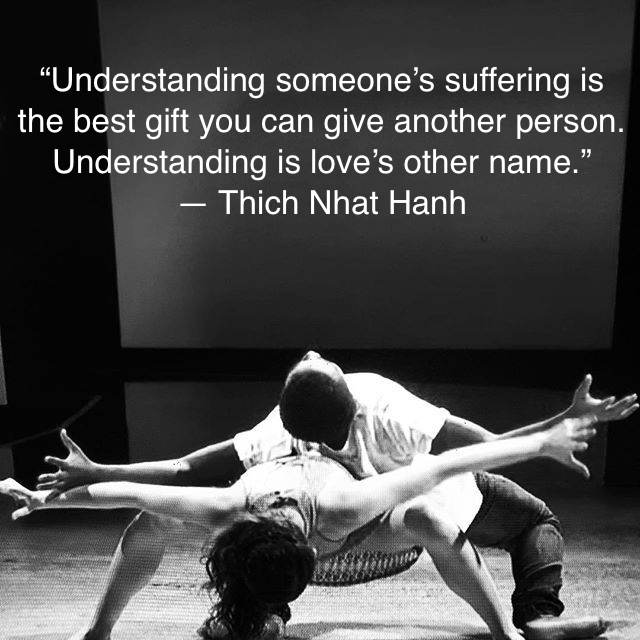
If you’re part of a couple, by spending time together, you create a unique signature—your coupling creates chords, rhythms and ripples, you both make music, and the hope is that a beautiful melody emerges. Relating smoothly, you might want to be connected with each other, feel nourished, soothed, nurtured, engaged, impassioned…this takes space, time, energy, and finesse. But sometimes discord happens…it’s a natural and normal part of a complex dance we call a relationship. When you come to me for help, I see it as a profound invitation, where you’re asking me to enter your private world. Your experience is rich and I want to do justice to it: the space between you and your partner is sacred, and sometimes secret–I do not not take this casually; I tread lightly and aim to respect your bravery and honor your vulnerability in showing me who you each are. It’s a privilege for which I’m deeply grateful.

My first priority is to understand from the inside out, your deeply felt needs, how they intersect with your partner’s wishes, to understand the grand, complex tapestry of your relatedness. This deep understanding helps me glimpse how you interact with each other. Depending on what you’re both going through, we’ll talk about what you both want to get out of therapy, we’ll set goals, discuss constructive arguing, practice improved communication, etc. We’ll also experiment with what style of therapy will work best for you, e.g. though my default manner is informal, direct, straightforward, and active. I’m also transparent, e.g. sharing with you my rationale for guiding in you in one direction rather than another. I give feedback and exercises for you to do between sessions, and when necessary, I’m gentle, open to your specific wishes, e.g. I’m proactive in asking for your thoughts and feelings about the unfolding therapy and if it’s helpful, we’ll talk about options for it to better meet your needs.
I do not espouse any one orientation, and do not draw from one ‘tool box.’ From getting to know who you are as a couple, I draw upon many theories and use varied techniques as the three of us see fit. We all plan for you to practice “homework” with each other at home, you’ll come in the following session, we review it, collect data, and based on your experience, refine. Every couple is unique and your therapy will be specific to you.

Please understand that it only takes one person to change your relationship: altering one part of the equation yields a different sum! If your partner is reluctant to come in, consider coming to therapy alone, as this is likely to effect a change in your relationship. It’s not unusual for people to join their partners in therapy because they feel less threatened, have more hope, don’t want to be left out, or they’re just plain curious!

In couples therapy, I focus on what’s going on between you and your partner (rather than intensively concentrating on your internal experience, though that may be a part of it). I often see people come to therapy when they are desperate, as a last resort, when the relationship is in jeopardy. This is understandable in that often one person will want therapy while their partner has doubts; it’s common for people to feel embarrassed and afraid that I might “take sides” or think that the problems will go away in time. I do not make decisions about “fault” – assigning blame is never a part of good therapy. I do not judge, and focus on being constructive about healing your relationship, e.g. facilitating better communication, exploring deeper patterns, etc.
